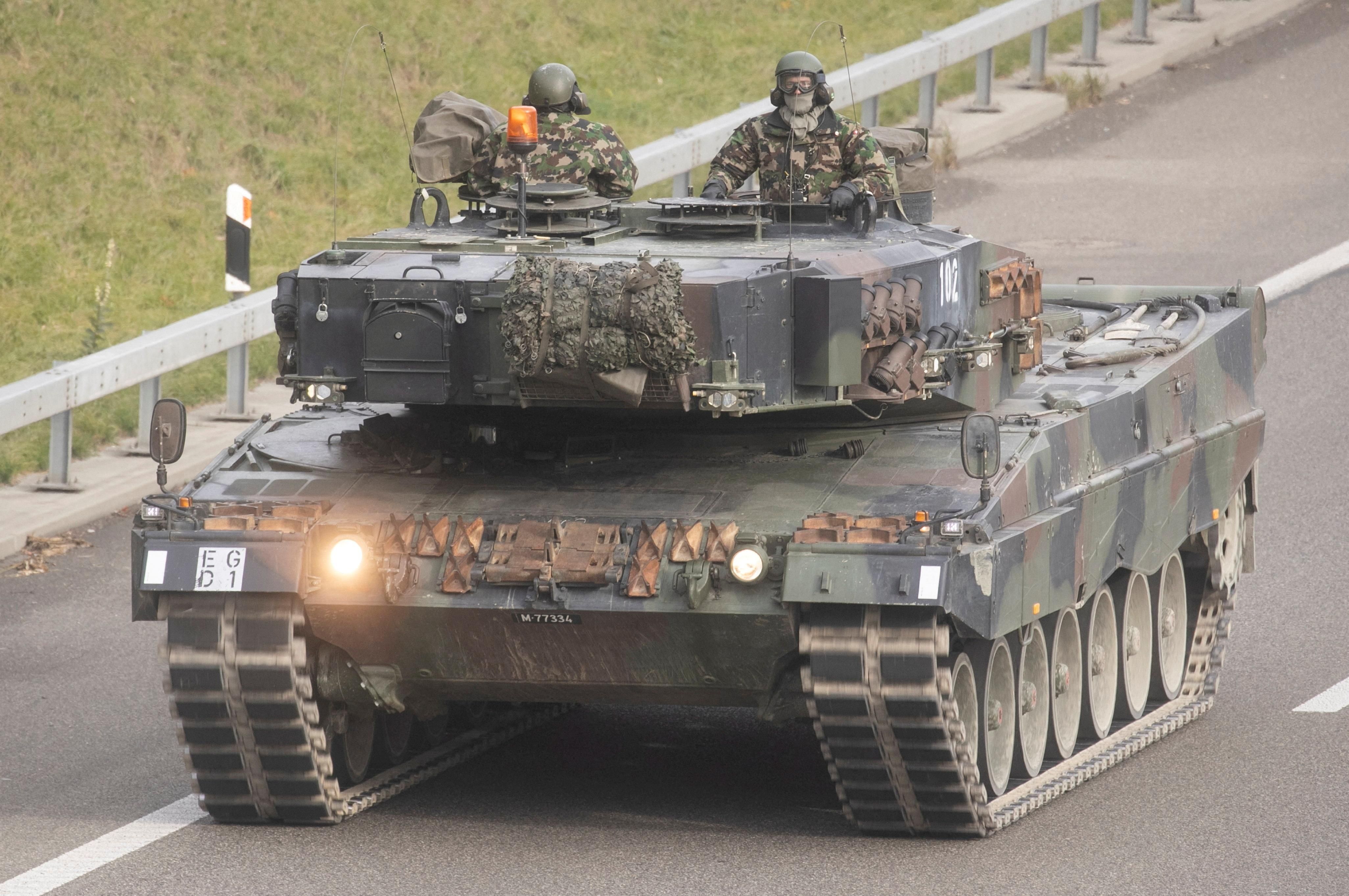How tanks for Ukraine might impact NATO — and Russia
Ukraine’s President Volodymyr Zelensky finally got what he’s spent months asking for — at least some of it. The US and Germany have agreed to send state-of-the-art battle tanks to Kyiv, and Berlin has greenlit other NATO members to send German-made armor to Ukraine as well.
But this policy U-turn by the US and Germany — both of which have long been reluctant to send such heavy kit — raises two big questions about the near-term trajectory of the war.
First, what does this say about how far Ukraine’s Western partners are willing to go? Military analysts expect the tanks to help the Ukrainians punch through Russian positions in the months to come. Some have even wondered whether they can do more than just push Russia back to the Feb. 24, 2022, lines.
With Western leaders having recently hinted at possible support for Kyiv’s bid to retake Crimea, the peninsula that Russia illegally annexed in 2014, the tank shipments could herald a new phase of the war entirely. But the main focus is clearly to give Ukraine a hand on the battlefield ahead of a spring offensive.
To allay concerns about escalation, NATO leaders are playing down the offensive nature of the tanks as weapons to attack Russian territory. This is about "helping Ukraine defend and protect Ukrainian land. It is not an offensive threat to Russia, there is no offensive threat to Russia," President Joe Biden said Wednesday as he announced that the US will send 31 Abrams tanks to Kyiv.
Still, it’s not clear how much these tanks will really change the face of the war — or how fast. Explicit pledges from Germany, the US, the UK, and Poland amount to 70+ units, but Ukraine is asking for more still. France is thinking it over, and other NATO members have kept things vague.
Even the tanks that have been pledged — especially the US-made Abrams — will take weeks, if not months, to arrive – and longer than that for the Ukrainians to learn to operate.
Second, how might Russia react? TV pundit Vladimir Solovyov, Moscow’s most colorful propagandist-in-chief, blasted the Germans as “European Pharisees! Nazi scumbags!” but so far the official response has been muted. Too quiet maybe? Perhaps, but there are two big things Russia might do.
The Russians could push forward their widely expected spring offensive in order to get in some good blows before the Ukrainians are ready to deploy those tanks. Russia is, after all, on a mini-roll again after its recent Wagner Group-led conquest of Soledar, a salt-mining city in eastern Ukraine, and the next target is probably Bakhmut, key to controlling the entire Donbas region.
Moscow could also move to target the shipments of tanks and their supply lines directly once they enter Ukrainian territory. Personnel from NATO countries assigned to train and service the tanks could be killed, putting the alliance in a tricky spot.
Wars are full of miscalculations and errors — any mistake in which a Russian missile strays across a NATO border would require cooler heads to prevail fast.
